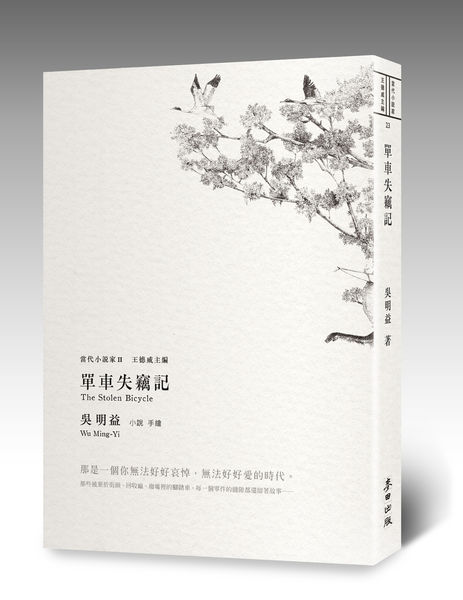First published on June 28, 2016, United Daily News
David Der-Wei Wang, Professor of Chinese Literature at Harvard, makes a statement on behalf of the judges.
There were six finalists for the third annual UDN Grand Literary Award, including poets, essayists and novelists, all outstanding representatives of contemporary Taiwan literature who have won our respect and esteem. After detailed discussions, we, the judges, have decided to award the prize to Wu Ming-Yi.
Wu Ming-Yi began writing Nativist short stories – stories about a rural way of life that was passing away – in the early 1990s, but he really made his mark after the turn of the new millennium with several collections of nature writing: Book of Lost Butterflies (2000), about the decline of butterfly populations in Taiwan over the twentieth century; Butterfly Way (2003), about the multigenerational journeys on which certain species of butterfly still embark today; So Much Water So Close to Home (2007), an homage to Raymond Carver about an epic seaside hike down Taiwan’s East Coast, and Flame Above Flame (2014), a meditation on photography, in which Wu Ming-Yi follows in Roman Vishniac’s footsteps around the old neighborhood of Báng-kah. In these works, Wu Ming-Yi appeals to the environmental ethos of his era, but also reveals a fiercely intellectual streak and resolutely empirical spirit. With the addition of a magical realism to his creative palette, Wu created a style all his own in two novels. First, in Dreamliner (2007), a narcolept follows in his father’s footsteps from Taiwan to Japan at the height of the Pacific War to manufacture fighter props. Second, in The Man With the Compound Eyes (2011), a million eyes watch as a floating trash mountain crashes upon Taiwan’s eastern shore.
The Magician on the Skywalk (2011) is a collection of nine tales of bildungsroman set in the Chung Hwa Market, where the narrator (and the author) grew up. The market, which was demolished in 1992, and returns to life in these pages, is a habitat for hundreds – small shop owners, diners, families – from all walks of life. It is also a den of thieves, in which each protagonist gets his first bittersweet taste of life. When, later in life, the protagonists look back on their time there, they remember the magician who stood on the skywalk, and finally realize his significance: as unremarkable as he seemed at the time, he presided over rites of passage, leading them down paths less travelled by and initiating them into the ineffable knowledge of adulthood.
The Stolen Bicycle turns one bicycle into the stuff of legend. With a title that pays tribute to Vittorio De Sica’s Neo-Realist masterpiece Ladri di Biciclette, this story records the quotidian passions of people, flora, and fauna as they undergo modernization – from Japanese colonialization, which ended in the Pacific War, to postwar industrialization under the Kuomintang. As the wheel of fortune turns, the protagonists cycle from Taipei, on Taiwan’s northern tip, to Puli and Gangshan, the mountains of the central interior; from the Malay Peninsula to the jungles of northern Burma, and from one period in Taiwan’s history to another.
Interspersed among the ten chapters of The Stolen Bicycle are eight excerpts from an archive of notes on bicycle construction and evolution, as well as the narrator’s antique bicycle collection. It is a chronicle of an obsession with a stolen bicycle that contains important clues concerning its recovery, as well as an archaeological record of artifacts and their users as they develop, disappear and reappear. Hardly a typical nature writer, Wu Ming-Yi has extended his empathetic gaze to objects, which he sees in the longue durée of their production, consumption and dilapidation. In so doing, he communes with the minute, the marginal, and the material, and in his communion discovers a method for making sense of the Taiwan experience.
Wu Ming-Yi’s works have garnered mixed responses. Detractors disparage his narratives as baroque, his novels as kaleidoscopes in which themes get blurred. Supporters appreciate his story-telling skill, and his ability to convey historical memory, both human and environmental. Whether negative or positive, the intensity of the responses testifies to the relevance of his works, which by getting under our skin motivate us to question what fiction should be about and how it should be written. This year’s winner of the UDN Grand Literary Award, Wu Ming-Yi will continue to explore new answers to those questions.
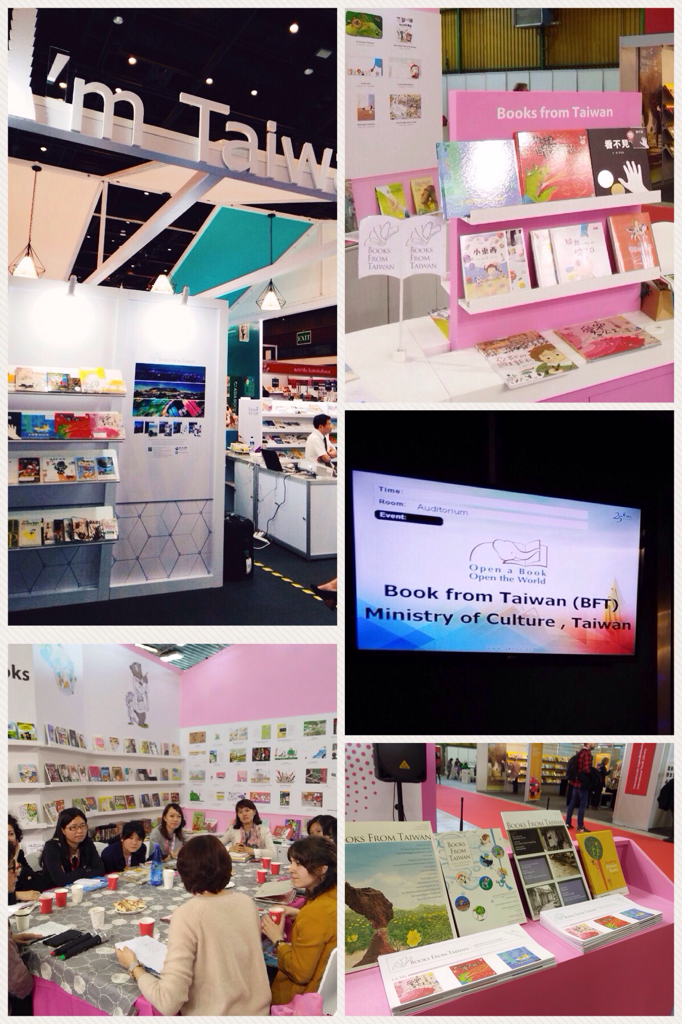
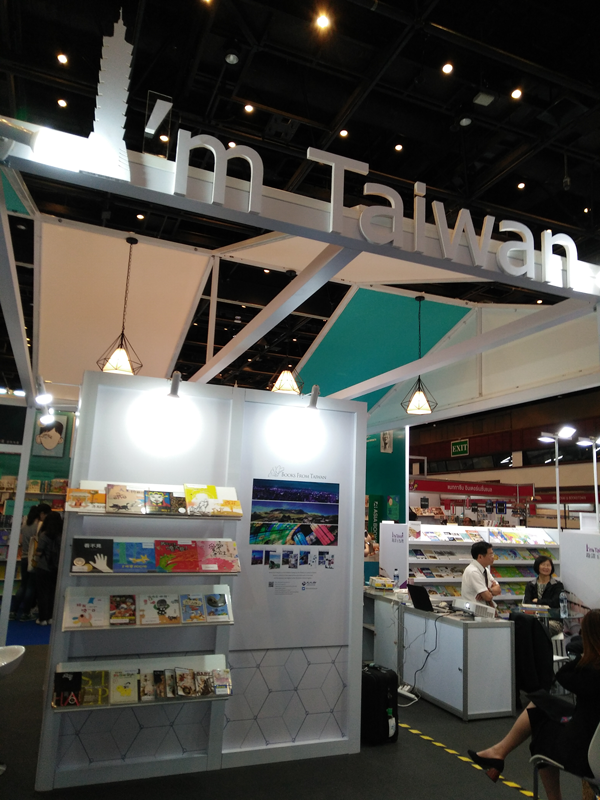
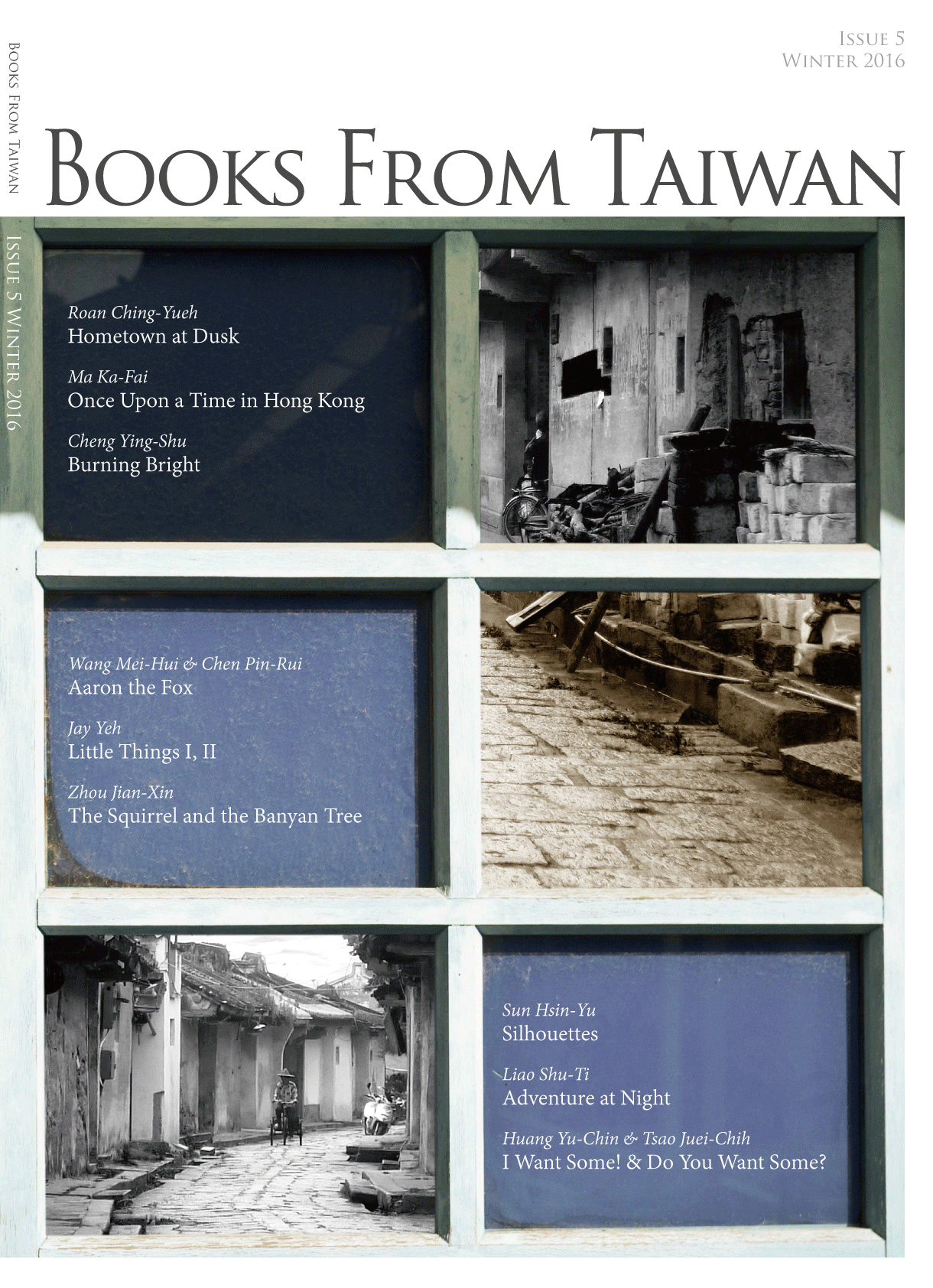

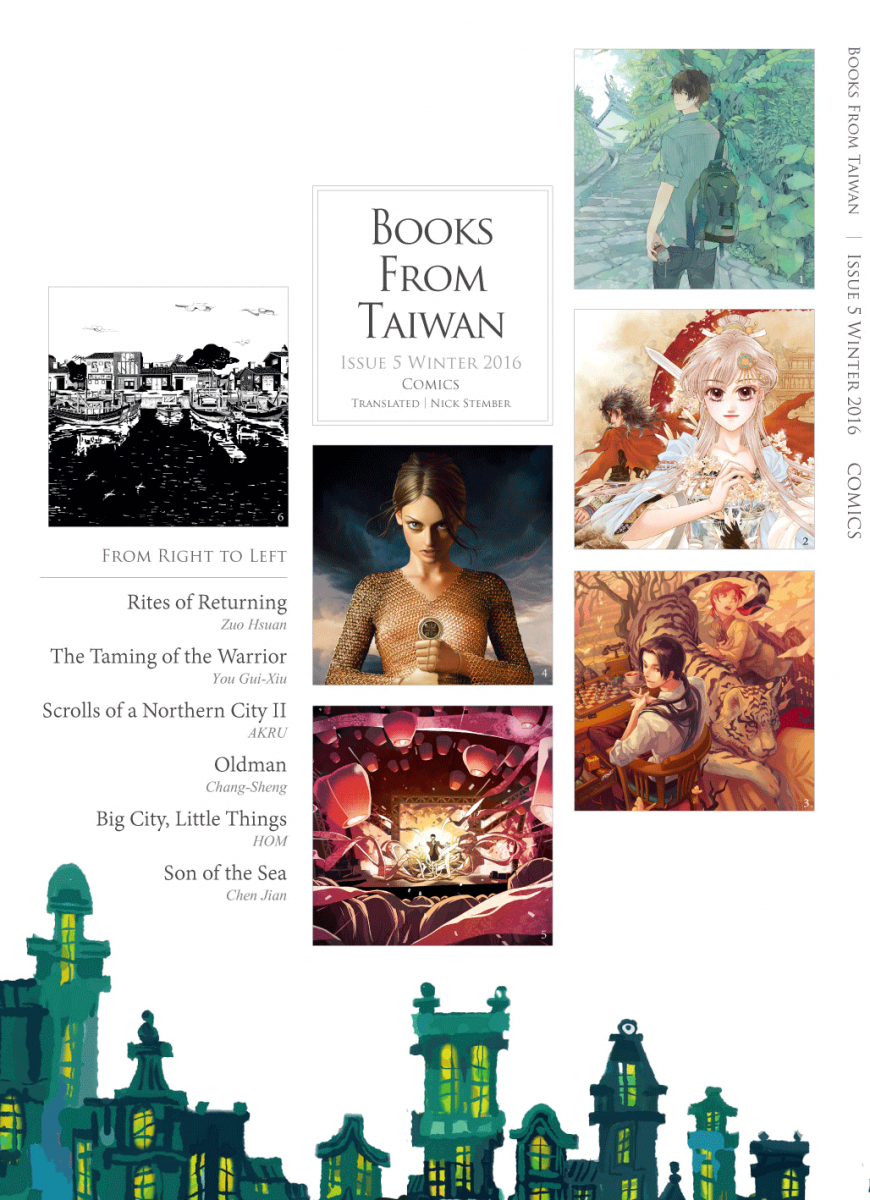
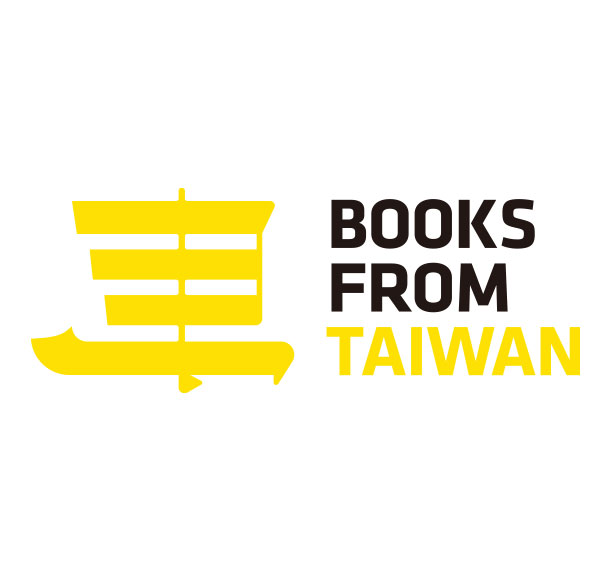
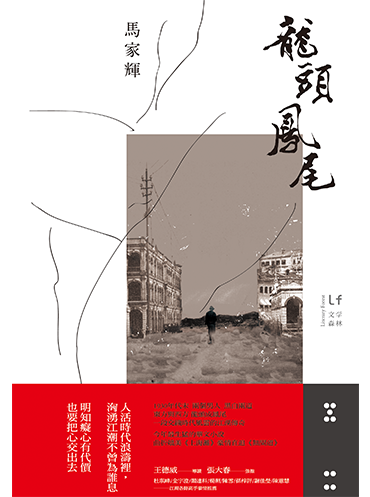
(1).png)
